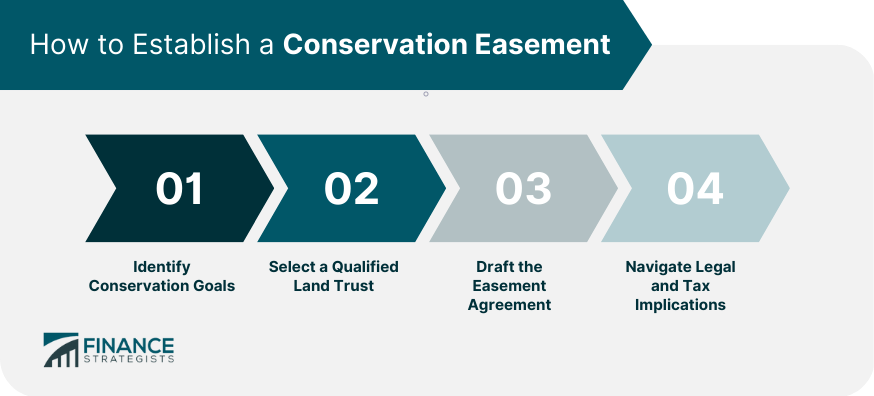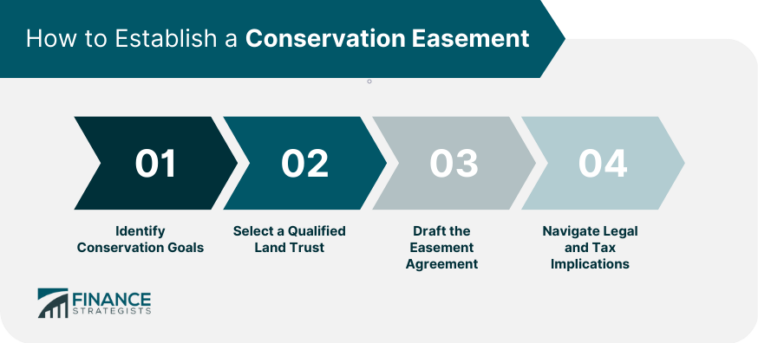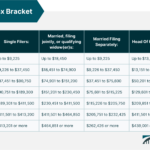
The Legal Risks Associated with Biodiversity Loss in Agriculture and Seafood Industries
On September 27, 2023, ClientEarth, an environmental law organization, released a report focused on legal risk associated with biodiversity loss in the agriculture and seafood sectors. The report also covers the currently applicable legislation and recommendations to mitigate the said risk.
Dependence on Ecosystem Services
According to the report, the primary reason for legal risk in the agriculture and seafood sectors is their dependence on ecosystem services like clean water, pollination, regulated climate, and raw materials to produce goods and services. Negative impacts and biodiversity loss in these sectors could lead to several legal risks, including:
- Reputational damage
- Regulatory fines and penalties
- Litigation claims from affected third parties
- Increased operational costs due to remediation and mitigation measures
Corporate Sustainability Due Diligence Directive (CSDDD)
The report advises companies in agriculture and seafood sectors and their investors to conduct due diligence to identify and disclose their dependencies and negative impacts on biodiversity. Due diligence obligations should explicitly include biodiversity impacts to mitigate associated financial risks. Recently adopted amendments to the Corporate Sustainability Due Diligence Directive (CSDDD) require large companies to prevent, mitigate or end negative impacts on biodiversity loss and environmental degradation.
Nature and Biodiversity in Sustainability Discussions
Nature and biodiversity continue to be a focus in sustainability discussions across sectors and industries. The risks these pose are recognized by governmental agencies, NGOs, investors, and industry participants. Litigation over biodiversity loss on land and in water is an emerging area of climate-related litigation.
ClientEarth’s Litigation Efforts
The report mentions ClientEarth’s efforts to hold companies accountable for their actions. In May 2023, the environmental law organization sued Cargill over the due diligence policies and procedures with respect to its soy operations in Brazil. Recently, the organization and others also sued French food-products company Danone under France’s Corporate Duty of Vigilance Law, arguing that Danone must develop an adequate plan to reduce its production of single-use plastic and implement social and environmental due diligence measures. It is evident that litigation is one of the ways environmental experts like ClientEarth are using legal measures to hold companies accountable and change their practices.
Conclusion
The agriculture and seafood sectors have significant implications for biodiversity loss and the legal risks associated. Companies in these sectors and investors cannot overlook the need for responsible and sustainable practices that safeguard the environment while minimizing their legal risks. This report highlights the need for due diligence and compliance with current and upcoming legislation like the Corporate Sustainability Due Diligence Directive (CSDDD). Companies must undertake necessary actions to identify, prevent, and mitigate negative environmental and social impacts, creating a sustainable, low-risk operating environment.
Originally Post From https://www.natlawreview.com/article/report-spotlights-legal-risks-biodiversity-loss-agricultural-seafood-industries
Read more about this topic at
ClientEarth Biodiversity Legal Risk Report
Annex A. Biodiversity-related risks to businesses


